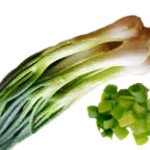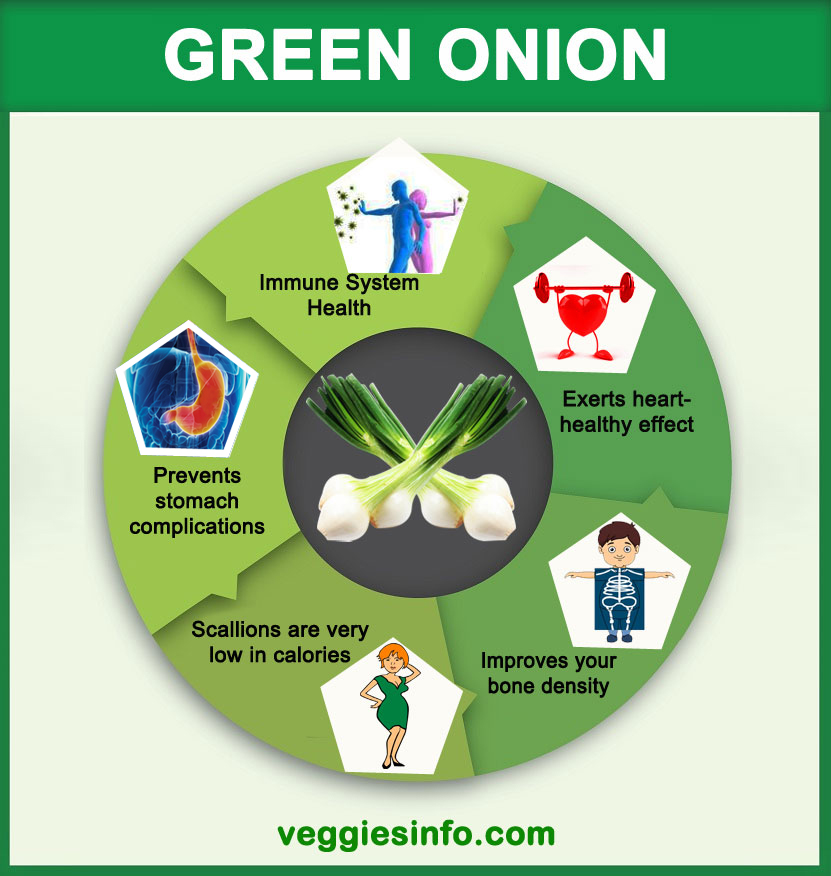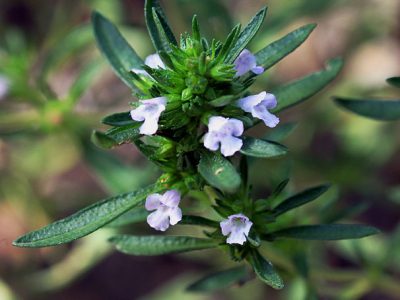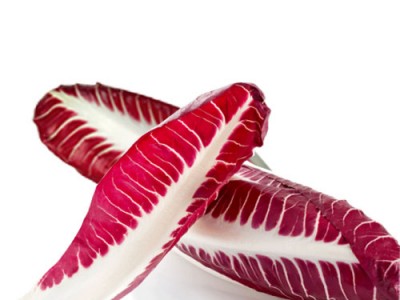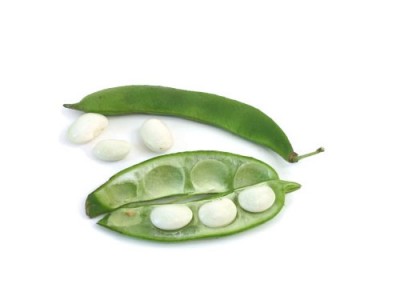
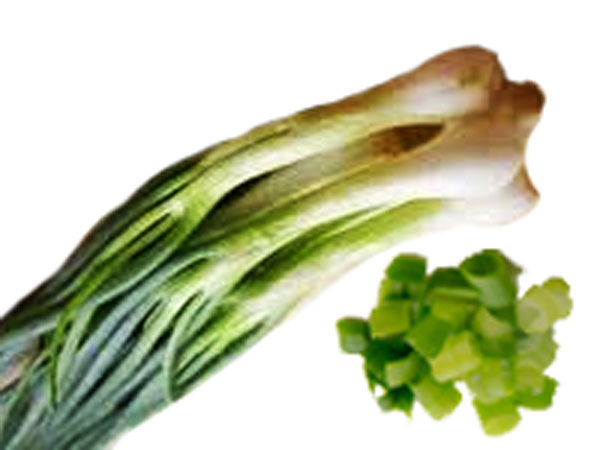
Green Onion – Nutrition Guide , Health Information
About Green Onion
Scientifically known as Allium cepa, Green onions belong the allium species. It is also commonly called as spring onions or scallions. Available throughout the year this vegetable has small onion bulbs that grow underground and long stalk leaves both part of green onions are edible. These onions are consumed widely across the globe and are also used as a part of garnish in soups, stews or even salads. The word scallion also used to refer green onion is derived from the Greek language. According to the cultural belief The Persian use green onions to strike each other gently during a pass over meal symbolizing the whips of the Egyptians during the days of slavery.
Nutrition Value Of Green Onions
- Green Onions are very low in calories.
- 100 g of fresh leaves provide just 31 calories.
- 100 g fresh leaves provide 64 µg of folates.
- Aids in respiratory function.
- Maintains normal vision.
Benefits of Green Onions
- Immune System Health.
- Healthy eye and healthy bones.
- Protects your cells from damage and Fights Mascular Degeneration.
- Exerts heart-healthy effect.
- Improves your bone density.
- Reduces risk of cancer.
- Lowers blood sugar levels.
- Prevents stomach complications.
- Protects against infection.
| Principle | Nutrient Value | Percentage of RDA |
|---|---|---|
| Energy | 32 Kcal | 1% |
| Carbohydrates | 7.34 g | 6% |
| Protein | 1.83 g | 3% |
| Total Fat | 0.30 g | 1% |
| Cholesterol | 0 mg | 0% |
| Dietary Fiber | 2.6 g | 7% |
| Vitamins | ||
| Folates | 64 µg | 16% |
| Niacin | 0.525 mg | 3% |
| Pantothenic acid | 0.075 mg | 1.5% |
| Pyridoxine | 0.61 mg | 5% |
| Riboflavin | 0.080 mg | 6% |
| Thiamin | 0.055 mg | 5% |
| Vitamin A | 997 IU | 33% |
| Vitamin C | 18.8 mg | 31% |
| Vitamin E | 0.55 mg | 4% |
| Vitamin K | 207 µg | 172% |
| Electrolytes | ||
| Sodium | 16 mg | 1% |
| Potassium | 276 mg | 6% |
| Minerals | ||
| Calcium | 72 mg | 7 % |
| Copper | 0.083 mg | 9% |
| Iron | 1.48 mg | 18.5% |
| Magnesium | 20 mg | 5% |
| Manganese | 0.160 mg | 7% |
| Phosphorus | 37 mg | 5% |
| Selenium | 0.6 µg | 1% |
| Zinc | 0.39 mg | 3.5% |
| Phyto-nutrients | ||
| Carotene-ß | 598 µg | — |
| Crypto- xanthin- ß | 0 µg | — |
| Lutein- zeaxanthin | 1137 µg | — |
Green onion belongs to the onion family and like the other members of its family its nutrition value is very high. A cup of chopped green onions that is 100g will only contain 32 calories. This food is also very low in saturated fats and carbohydrates. Rich source of Vitamin A, Vitamin C, calcium, iron, manganese, folate and magnesium. Being rich in vitamin C and K green onions needs to be incorporated in ones daily diet for healthy bone and bone health. The wear and tear of muscles and tissues is prevented and also largely prevents bone fracture. The anti oxidant properties in green onions because of vitamin A and C helps in preventing heart diseases. It prevents tissue damage by releasing radical free compounds lowering the risk of blood pressure and promoting a healthy cardiovascular functioning. The food for the retina is rhodospin; a compound produced by vitamin A. This compound helps in promoting good eyesight and healthy vision; green onion is a rich source of this component and it fulfills 2.6 % of protein need of a man’s diet. Green onions are known boost up body’s immune system. This is because of the presence of phyto-chemicals present in them; phyto- chemicals are compounds derived from the plants.
How To Enjoy Green Onion
Green onions are not only bountiful in health benefits but also are loaded with flavours. Eating green onions raw in salads is a common sight. Green onion is used in Chinese cooking as it is a part of noodles, fried rice or even oriental Manchurians and other sauces; used not just as a garnish but a key ingredient. Sour cream and onion dips are popular in the western countries and is a accompaniments with bread sticks, grilled vegetables or meat or even fries and potato chips. In India these bulbs are soaked in vinegar and used as appetisers with Indian breads and curries. Oil made out of green onions is used as a dressing in salads or also used in light cooking or frying. In order to keep them fresh wrap them in a muslin cloth or newspaper and refrigerate them to keep the moisture of the plant intact and prevent the breaking of the stalks of the onion.

